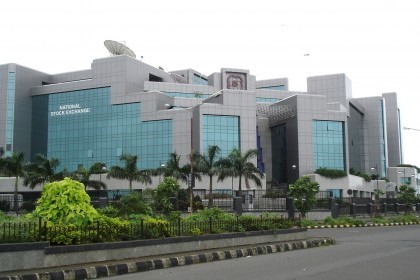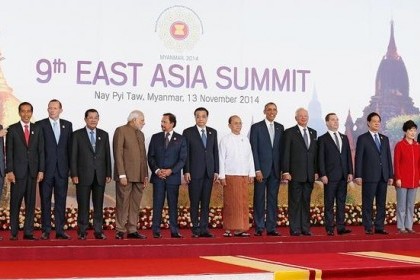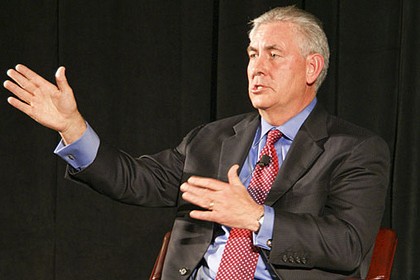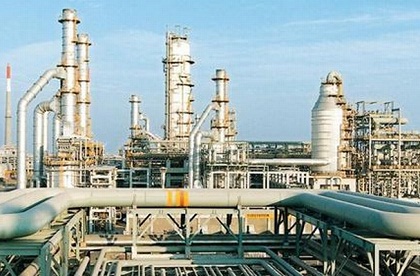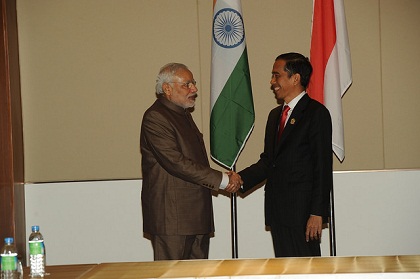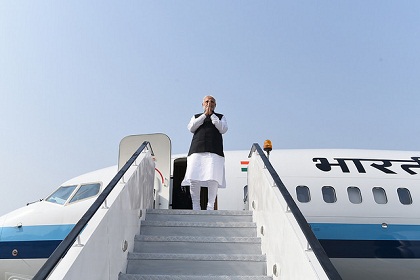Bombay’s past and future as an IFC
The historic role of Bombay (as it was then called) as a hub for banking, commerce, trade, and shipping, and its financial clout a 100 years ago, are little known today. With the city scheduled to soon open an international financial services centre, it is worthwhile to recall and integrate this legacy with Mumbai’s present strengths in order to attract global capital to its IFSC

